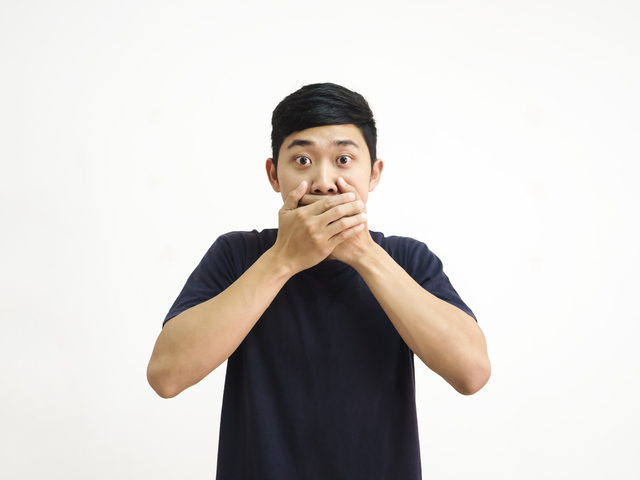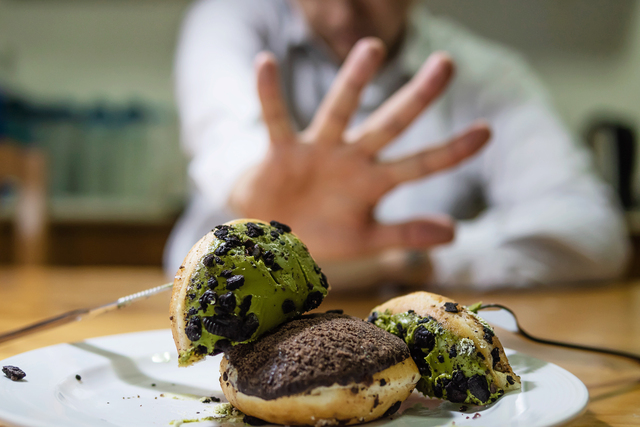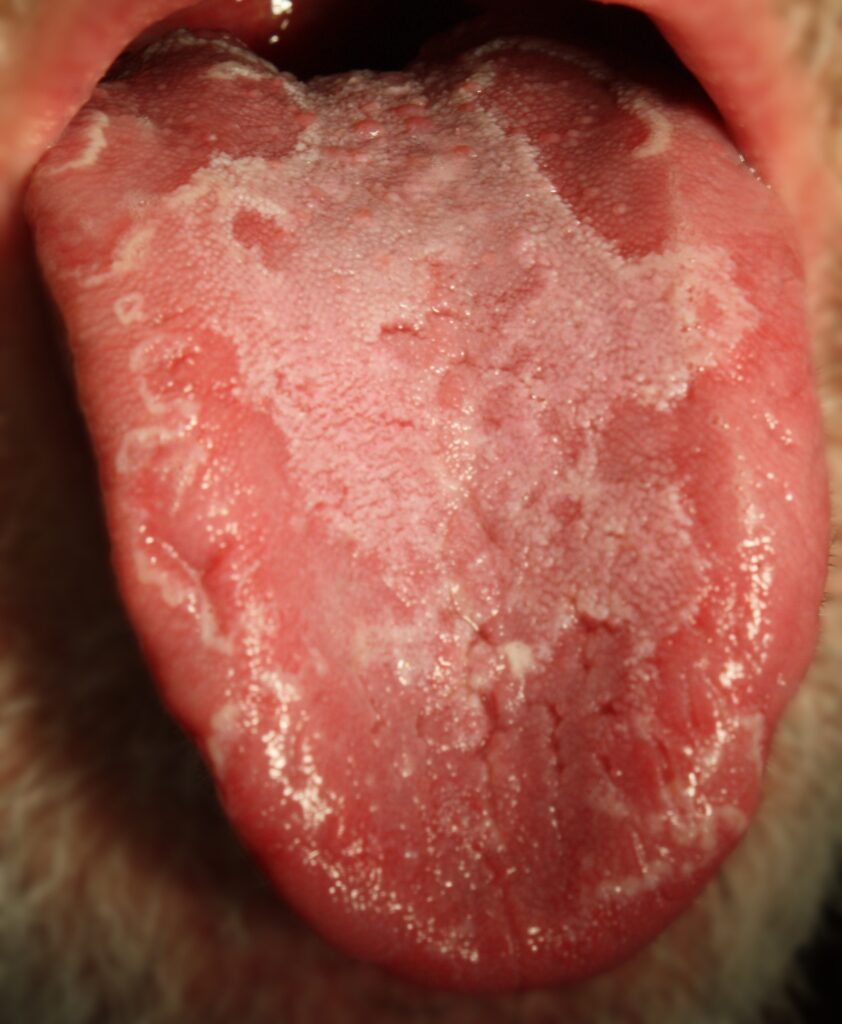Do you suffer from excess gas? Do you often Burp?
Burping is normal. Passing gas is also normal. Your body lets out gas these ways.
Swallowing air causes most burps. Germs breaking down food cause most of gas in your colon. Too much burping or gas is often disturbing. In this article, I will highlight how to handle extra burping and gas. Small changes can make you feel much better. Knowing causes helps you handle it.
Why we Burp
What is a Burp? A burp lets gas out from your stomach. The gas comes up and it’s released through your mouth.

Swallowing Air Causes Burps
Most gas in your stomach is air you swallow. You might swallow air without knowing.
Things That Make You Swallow Air
Eating too fast makes you swallow air. Drinking too fast does too. Drinking fizzy drinks makes you burp.
Chewing gum makes more spit (saliva) , and you swallow more with extra spit. Swallowing brings air into your stomach.
Smoking means breathing in air with smoke. False teeth that do not fit well cause extra spit. This leads to more swallowing and more air.
Health Problems That Cause Burps
Some health problems can cause lots of burps. Acid reflux is one. Stomach acid flows back up your food pipe (esophagus) with acid reflux. This might make you swallow more.
You swallow to push the acid down this leads to swallowing more air. A sore stomach (peptic ulcer) lining is called gastritis. This soreness can make you feel bloated or full. Feeling full might make you feel like burping. Ulcers can feel like a sore stomach lining. This feeling may include burping.
H. pylori is a stomach germ. It can live in your stomach lining and cause a sore stomach lining or sore. These problems are linked to more burping. Burping that does not stop needs a doctor’s check to search for any related health problem.
Why we Pass Gas
What is Tummy Gas? Passing gas means letting gas out from your lower gut through the anus.
Where Does Gas Come From? This gas comes from two sources. Swallowed air is one source, when air you do not burp out moves down. It goes through your guts and leaves as gas later. Germs are the second source. Germs live in your large gut (colon and help break down food. They work on food bits that have not broken down before. This breakdown makes different types of gases. The food you eat changes how much gas is made.
Foods That Make Gas
Your food really changes how much gas you have. Foods with lots of fiber are usual causes. Although fiber is good for your health, some fiber is hard to break down fully. Gut germs break down this leftover fiber.
Beans have complex sugars that our bodies cannot break them down well. Germs break them down easily, producing gas. Lentils do similar things. Some vegetables cause gas too.
Vegetables like broccoli, cauliflower, cabbage are examples. They have parts that can smell and complex sugars. These add to gas and smell.
Onions have special sugars germs break down. Asparagus and artichokes cause gas for some people.
Trouble Breaking Down Sugars
Trouble with digesting milk sugar affects many people. Lactose is the sugar in milk. We have an enzyme in our bowel called lactase that breaks down lactose. People with this trouble do not make enough lactase.
Lactose that is not broken down reaches the large gut, and then it’s broken down by germs. This causes gas, bloating, loose poop.
Trouble with fruit sugar is similar. Fructose is a sugar in fruits, honey, and some syrups. Fructose that is not absorbed gets broken down by germs. This breakdown makes gas.
Artificial sweeteners can also cause gas. Sorbitol, mannitol, and xylitol are examples. Your body does not absorb them well and then get broken down by gut germs.
Other Things That Cause Gas
Having hard poop (trouble pooping) can make gas worse. Slow poop gives germs more time to make gas, and the latter gets stuck behind the slow poop.
Some medicines can cause gas as a side effect.
Certain pain pills or fiber powders might also cause gas.
Health problems can cause extra gas. Irritable bowel syndrome (IBS) is common. IBS causes belly pain, bloating, and changes in poop. Gas is often part of IBS.
Celiac disease (a problem with gluten) affects the small gut. Eating gluten harms the gut in people with this disease. This harm affects how your gut absorbs nutrients in food. Poor absorption leads to gas and other gut issues.
Small intestinal bacterial overgrowth (SIBO) is another problem. SIBO means extra germs are in the small gut. These germs break food too early. Leading to gas and bloating.

How to treat Burps and Gas
Easy Tips for Less Gas
Simple changes in habits help cure burping and gas.
Eat Differently
Changing eating habits is a good place to start. Eat your meals slowly. Take smaller bites. Chew every bite very well.
Good chewing helps digestion. It lowers the air you swallow. Try not to gulp food or drinks. Gulping brings in lots of air. Sit down when you eat. Eat where you feel calm. Do not eat when feeling worried or hurried.
Drink Differently
Think about how you drink. Sip drinks slowly. Do not use straws because they make you suck in extra air. Drink fewer fizzy drinks. Sodas and bubbly water release gas which add to burping and feeling full.
Stop Some Habits
Chew less gum or stop it. Gum chewing makes you swallow air often. Hard candies can do the same.
Stopping smoking is good for your health, in addition to the benefit of less burping.
Handle anxiety
Dealing with worry and anxiety helps some people. Anxiety affects how your gut works. It can make you swallow more air, so find ways to relax that work for you. Deep breathing might help. Quiet time or yoga could lower your anxiety.
Walk
Regular physical activity helps digestion. Walking (but not heavily exercising) after you eat can help food move through your gut. It stops gas from getting trapped and causing bloat.
Be careful about what You Eat
Keeping a food diary helps find food triggers. Write down the foods you eat. Write down any problems you have later. You might see patterns, and then you can determine which foods trigger you burps and gas, to avoid them.
Stopping Bothersome Burps
Swallow Less Air
Treating burps means swallowing less air. Try paying attention to eating. Chew slowly, and Keep your mouth closed while chewing. Try not to talk lots while eating, since this makes you swallow more air.
Check Your False Teeth (Denture)
Check how your false teeth fit if you use them. False teeth that do not fit well make you produce more spit and more swallowing. Visiting your dentist to fix false teeth that do not fit right, is necessary.
Treat Diseases Causing Burps
See a doctor if you have heartburn or acid reflux symptoms that last. Your doctors might suggest lifestyle changes first.
Losing weight helps some people. Raising your head in bed relieves nighttime acid reflux.
Medicine might be needed. Some medicines lower stomach acid. If you have an H. pylori germ infection, treatment includes special medicines (antibiotics). Getting rid of the germ helps heal a sore stomach or ulcers. Healing these problems often cures burping.
Quick Help for Burps
Sipping plain water slowly might help. Do not gulp!
Cutting Down on Tummy Gas
Treating gas often means changing your food. Change your food carefully.
Add Fiber Slowly
Add fiber slowly if you need more. Adding lots of fiber in a short time causes more gas first, while adding it over weeks allows germs get used to it. Drink lots of water when you eat more fiber. Water helps fiber move through your gut.
Try a Special Low-Sugar Diet (Low-FODMAP)
A low-FODMAP diet helps many people with gas. FODMAPs are types of sugars that are broken down by germs. They are hard to absorb in the small gut. This results in gas and bloating.
A low-FODMAP diet cuts down foods high in these sugars. High-FODMAP foods include wheat, onions, garlic, beans, milk, honey, apples, pears, cauliflower, mushrooms, some fake sugars (artificial sweeteners).
Low-FODMAP foods include rice, oats, potatoes, carrots, spinach, peppers, firm bananas, oranges, lactose-free milk, hard cheese.
You stop eating high-FODMAP foods. Then you slowly add them back. Adding them back helps find your specific trigger. This is better done with a food expert. An expert makes sure you get the right food stuffs, and he/she helps you follow the diet steps right.
Find Foods That Cause Your Gas
Finding your personal food triggers is key. A food diary helps a lot. Track your food and gas problems carefully. Look for links between foods and gas.
A cutting-out foods test removes foods you think cause problems. Cut out one food type for a time. See if your problems change. Then add the food back and see if problems return. Try cutting out foods with help from an expert if you can, to avoid missing important nutrients.

Treating Milk Sugar (Lactose) intolerance
Treating intolerance to milk sugar means eating less milk sugar (lactose). Choose lactose-free milk and dairy foods. Many choices exist, like almond or soy milk. Hard, aged cheeses have very little milk sugar.
Yogurt with live germs is sometimes okay. Germs in yogurt help break down milk sugar. Lactase enzyme pills are helpful to break down milk sugar and are taken before eating dairy.
Handling Fruit Sugar
Handling trouble with fruit sugar needs limiting high-fructose foods. Avoid syrups with lots of fructose. Limit large servings of high-fructose fruits like apples, pears, mangoes. Choose lower-fructose fruits like berries or oranges.
Medicines Can Relieve Gas
Simethicone is commonly used. It breaks big gas bubbles into small ones. Small bubbles pass more easily in the bowel. Simethicone is usually safe, and it works only in your gut without being absorbed into the blood circulation.
Activated charcoal is another choice. Charcoal is thought to soak up gas. Proof that it works well is not strong. Charcoal can stop your body from using other medicines for different disease like diabetes or high blood pressure. Take it at a different time than other drugs.
Good Gut Germs (Probiotics): Do They Help?
Probiotics are live beneficial germs. They might be good for your health. Probiotics change the mix of gut germs in the large bowel (colon). A good balance of gut germs is needed for breaking down food. Some probiotic types might lower gas production and change how sugars are broken down in the gut. Studies on probiotics for gas show different results. Effects depend on the type of probiotic. Choose probiotics that have been studied. Ask your doctor about the best choice of probiotics for you.
More Ways to Have Less Gas
Treating constipation helps reduce gas. Eat enough fiber from low-gas foods if needed. Drink plenty of water all day. Regular physical activity helps your bowels move.
If life changes do not work, poop softeners might help for a short time. Talk to your doctor about using these. Prescription medicines like rifaximin (an antibiotic) is used for SIBO (too many germs in the small gut). It lowers the extra germs there.
Treating the main problem (like IBS or celiac disease) is most important.
When to Go to the Doctor
Look for Warning Signs
Burping and gas now and then are usually okay. But problems that last long or are very bad, need a doctor’s visit. Get medical advice if problems mess up your day. See a doctor if burping or gas happens along with other warning signs.
Warning Signs
- Belly pain or cramps that persist.
- Bad bloating that lasts long.
- Changes in poop (new loose poop or hard poop).
- Unintentional loss of weight.
- Seeing blood in your poop (always needs medical consultation).
- Trouble swallowing food.
- Heartburn that keeps happening or gets worse.
Getting Help from a Doctor
What Doctor Does?
A doctor will examen you carefully and will ask about your problems, like your past health, and about what you eat.
Tests You Might Need
Sometimes more tests are needed. Blood tests can check for celiac disease. Poop tests look for germs or blood. Breath tests can find problems with milk sugar, fruit sugar, or SIBO. Endoscopy for your gut lets doctors look inside your food pipe 9esophagus), stomach, or colon. Tiny samples (biopsies) might be taken. Samples are tested for ulcers, germs, or celiac disease.
Why is Finding the Cause Good?
Finding the exact cause is very important. It finds any serious hidden problem. It helps choose the correct treatment. Talk openly with your doctor or health provider. Tell them exactly about your problems. Share your worries.
Feeling Better Every Day
Too much burping and gas feel bad. They can make you feel awkward. By defining the common causes is step one. Simple changes often bring relief. Changing how fast you eat helps. Changing drink habits makes a difference.
Finding and avoiding trigger foods works well. Medicines give short-term help for some people. Treating related health problems is important. A doctor can check for serious issues, which require specific treatments. Be patient when changing your food, to let your body get used

